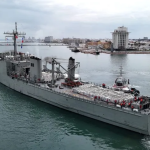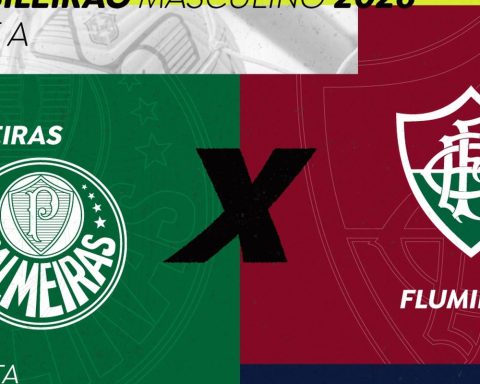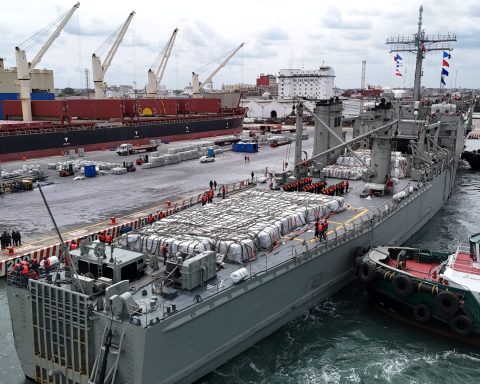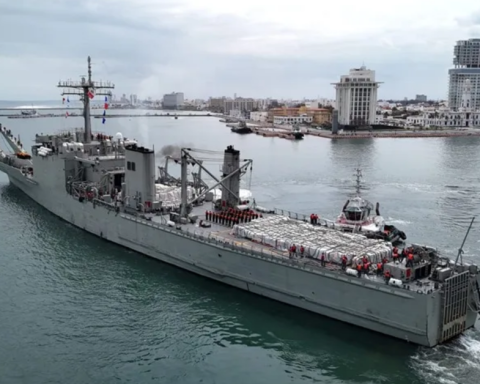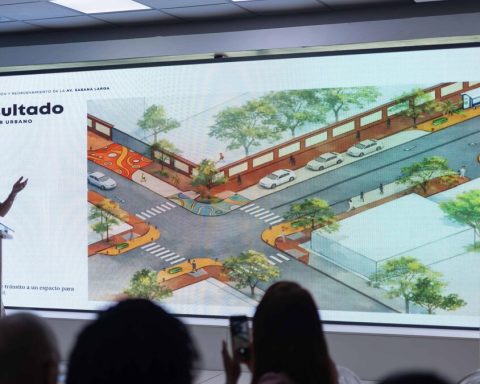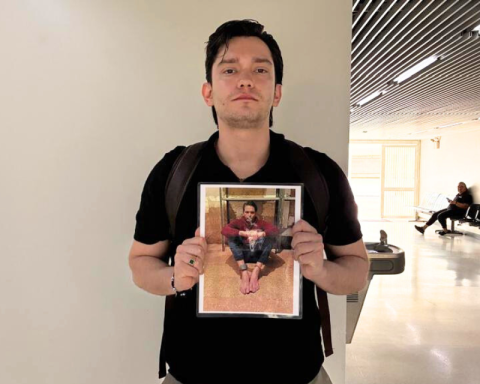The International Criminal Court (ICC) could have jurisdiction to try the still president of the Central American Bank for Economic Integration (CABEI), Dante Mossi, for having financed the Nicaraguan dictatorship, according to a conclusion reached by law students from the University of Buenos Aires (UBA), of Argentina.
The jurist Darío Richarte, a professor at the UBA and one of the lawyers promoting the accusation before the Argentine justice for the crimes committed by the dictators Daniel Ortega and Rosario Murillo since April 2018, reported through his personal Twitter account that the CPI could indeed be competent to prosecute Mossi for having provided financing to the dictatorship from his position as president of CABEI.
Dante Mossi, an economist of Honduran nationality, assumed the presidency of CABEI in December 2018 and will leave that position in November of this year after the board of rectors of that institution decided not to re-elect him, due to international pressure pointing to the bank executive of being a financier of the Nicaraguan dictatorship and of having turned the bank into “a disaster.”
Related news: Ottón Solís, former director of CABEI: “Dante Mossi should resign now, if he has a dose of dignity left”
After the Government of Venezuela disqualified for 15 years to hold public office Maria Corina Machadoone of the favorite pre-candidates for the presidential elections scheduled for 2024, Nicaraguan opponents affirm that the dictator Nicolás Maduro is committed to holding elections “tailored” to his counterpart Daniel Ortega.
Former Nicaraguan ambassador to the Organization of American States (OAS) Arturo McFields pointed out that by disqualifying Machado, the Venezuelan president is betting on “Ortega-style elections in Nicaragua.”
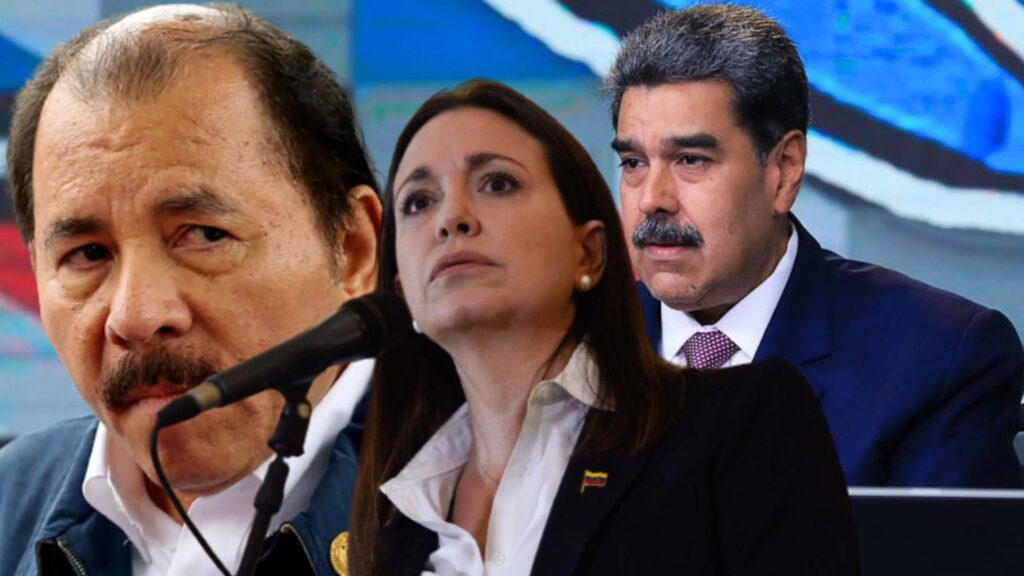
For her part, the president of the outlawed Citizens for Freedom Party (CxL), Kitty Montereysaid, through his Twitter account, that “the illegal disabling of @MariaCorinaYAby the socialist regime of Nicolás Maduro, only shows how much they fear the electoral process.
The opposition member, exiled in Costa Rica, added that “this outrage must be condemned and denounced before the world, because it is another step on a path that we have already traveled in Nicaragua.”
The Venezuelan Comptroller’s Office reported that the disqualification of Machado, who began a tour in Venezuela for the primaries organized by the opposition to choose a presidential candidate, is based on “administrative irregularities” when she was a deputy in 2011-2014.
Machado is also accused of having participated in “a corruption plot”, headed by Guaidó, recognized between January 2019 and January 2023 as president in charge of Venezuela by fifty governments that ignored the re-election of President Nicolás Maduro. , in 2018, by calling those elections “fraudulent.”
The Inter-American Court of Human Rights (I/A Court HR) granted provisional measures in favor of four indigenous leaders of the Mayangna Sauni As community who are imprisoned in Nicaragua. The continental justice entity considers that the community members are in a “risk situation” in the cells of the dictatorship of Daniel Ortega and Rosario Murillo. The resolution was issued on June 27, 2023.
Related news: International Criminal Court could prosecute Dante Mossi for financing the Nicaraguan dictatorship
The beneficiaries of this measure are the territorial trustee Ignacio Celso Linen; the communal judge of Suniwás Argüello Celso Linoand the rangers Dionysus Robins Zacarias and Donald Andres Brunowho remain incarcerated in the Jorge Navarro Penitentiary System, known as “La Modelo”.
The indigenous leaders were arrested on August 23, 2021, for allegedly participating in the massacre that occurred in the Kiwakumbaih community, jurisdiction of the Mayangna Sauni As territory, in the North Caribbean of Nicaragua. The authorities blamed a group of 13 indigenous people, but managed to arrest only four.
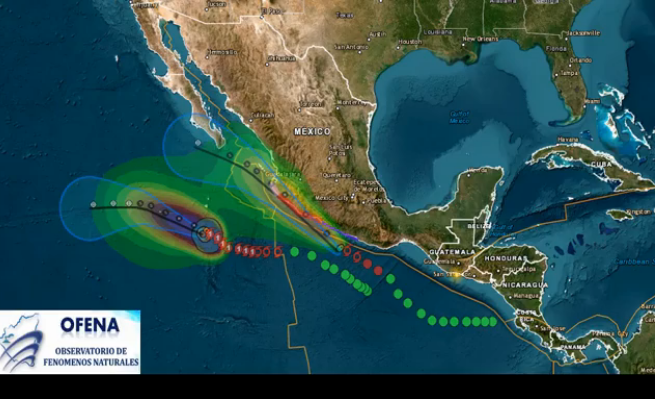
The ruling that will be announced on July 13 by the International Court of Justice (ICJ), the highest legal body of the United Nations (UN), in the case of Nicaragua’s claim, which asks to define with Colombia the limits of its continental shelf, “must be favorable to our country,” says former Vice Chancellor José Pallais.
Through a press release published on its official website, the ICJ, based in The Hague, Holland, the Netherlands, announces that the reading of the ruling of the judges of the highest court on the “question of the delimitation of the platform continental between Nicaragua and Colombia, beyond 200 nautical miles from the Nicaraguan coast”, will be on July 13 at 3:00 in the afternoon, at the Peace Palace.
Former Vice Foreign Minister Pallais, a former politician and exiled to the US by the Ortega-Murillo dictatorship, consulted by Article 66 Regarding the ruling that the ICJ will issue, he pointed out that said ruling “must be favorable to Nicaragua”, since previous rulings related to this issue have already been in favor of the Central American country, therefore, surprises should not be expected.
The former diplomat and lawyer explained that Nicaragua appealed to the ICJ for this court to delimit with Colombia the continental platform that corresponds to Nicaragua, beyond 200 miles “which is the right over the seabed and subsoil”, something that does not have to do with surface waters or sovereign rights, or navigation, “it is the right to use the subsoil, the wealth that is in the subsoil and on the seabed of the continental platform that correspond to the country,” he said .








